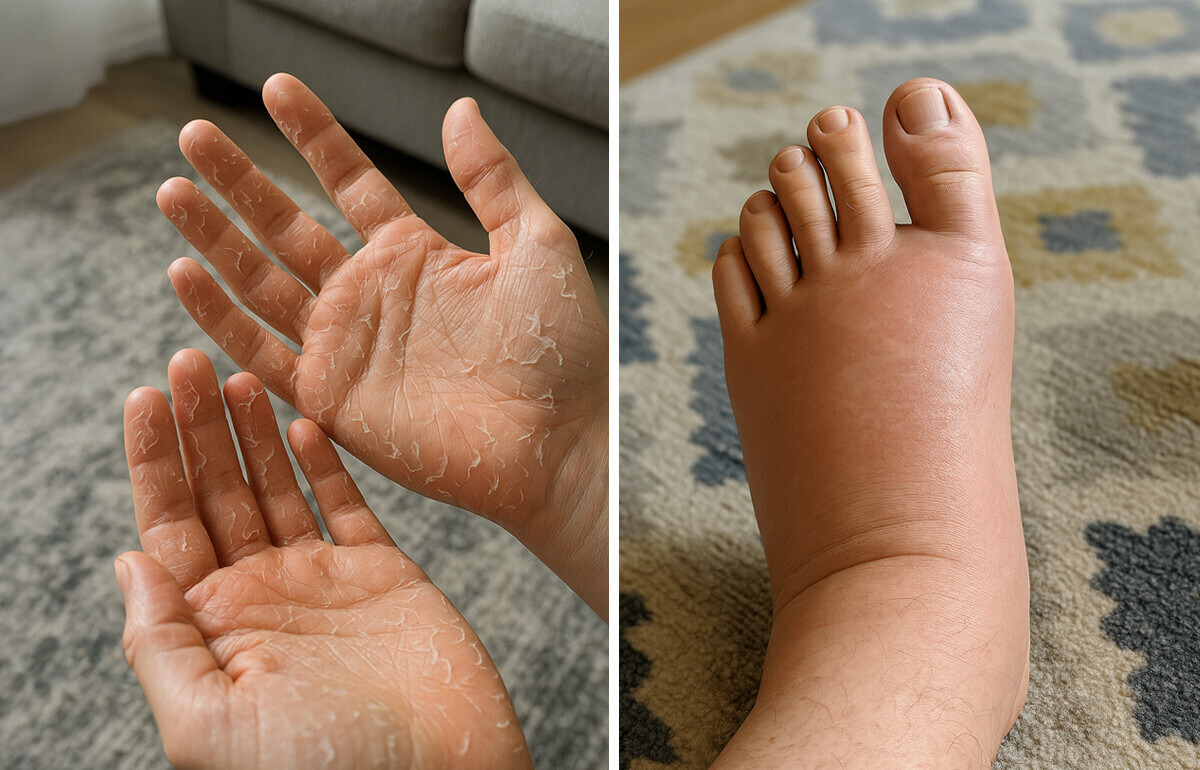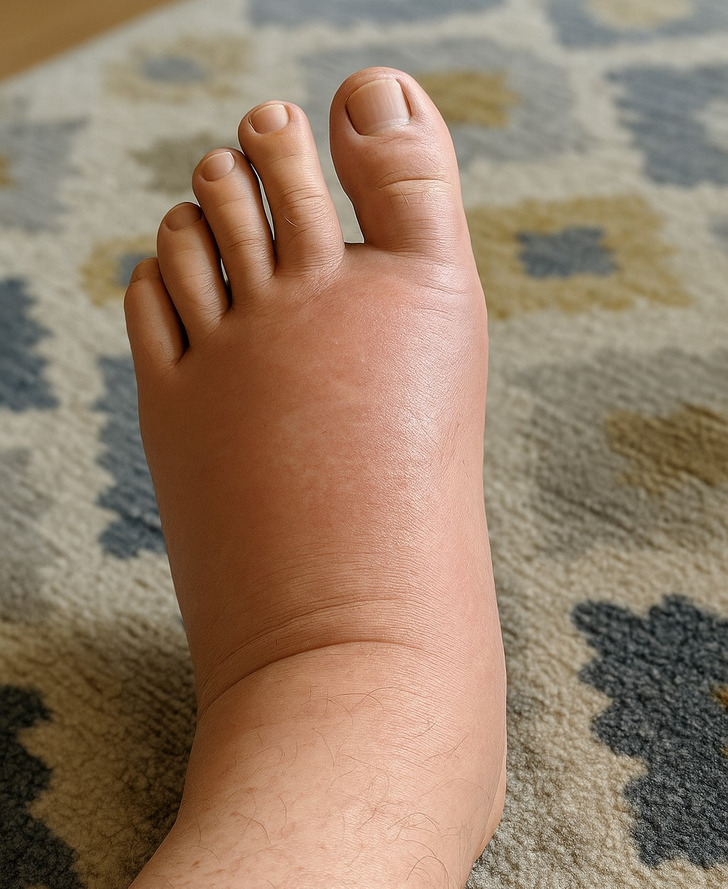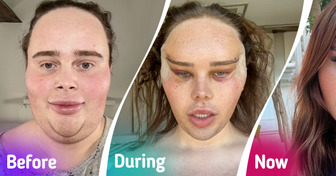15 Eerie True Events That Break Every Rule of Reason


If you’re living with diabetes, it’s highly recommended to check your blood sugar level regularly. However, it is also important if you’re not suffering from it, as changes in your blood sugar can have adverse effects on your long-term health. We’ve collected some typical signs from your body that can warn you of a blood sugar imbalance.
Content is provided for informational purposes only and is not intended as a substitute of medical advice. Seek guidance from your doctor regarding your health and medical conditions.

If you have high blood pressure as well as diabetes, the two conditions can damage the kidney’s ability to filter wastes and fluid over time. As water builds up in your body, your hands and feet may swell, a warning sign that you may have kidney disease. Work with a nutritionist to keep your blood sugar under control.
Constant thirst is a classic diabetes sign caused by too much sugar in your blood. This symptom often comes with frequent urination, as your kidneys work harder to filter out the sugar. They also pull more fluids from your tissues, which is why you have to go to the bathroom more often than usual. You have to drink more to replenish the liquids you are losing. Without doing so, you can feel dizzy and become dehydrated.
Fatigue and extreme tiredness are symptoms of uncontrolled blood sugar. When sugar is staying in your bloodstream instead of being delivered to your body’s cells, your muscles don’t get enough fuel to use for energy. You might feel only a little tired, or your fatigue might be so bad that you need a nap.
Feeling dizzy or shaky can be a sign of low blood sugar or hypoglycemia. It can happen after you eat a meal that has a lot of simple sugars, if you miss a snack or don’t eat a full meal, if you eat later than usual, or if you drink alcohol without eating any food. Don’t skip meals if you have diabetes, particularly if you’re taking diabetes medications.
Many people with uncontrolled high blood sugar find that they’re hungrier than usual. Although you’re eating more, you may be losing weight for no apparent reason if your blood sugar levels are too high.
If you have Type 2 diabetes, your body doesn’t use insulin effectively and can’t transport glucose to your cells. Instead, the glucose builds up in your blood. Your body creates energy by burning fat and muscle at a rapid pace. This causes unexplained weight loss.
Uncontrolled blood sugar can cause nerve damage, also known as diabetic neuropathy. A typical symptom is a tingling sensation or numbness in your hands and feet. Some people experience pain in their hands and feet as well, and the pain is often worse at night.

Blisters, infections, dryness, itchiness, discolorations, and abnormalities of the skin can all be warning signs of high blood sugar. Check with your doctor if these skin changes develop.
Cuts, scrapes, bruises, and other wounds heal more slowly in the presence of uncontrolled blood sugar. Diabetes causes nerve damage and affects circulation, especially in the lower legs and feet, which can delay healing because there isn’t enough blood flow to the area. Even minor wounds are more prone to infections, so pay attention to them.
High blood sugar and high blood pressure both can damage the sensitive structures in your eyes and threaten your vision. You may also find yourself struggling at work, having difficulty driving, and suffering from frequent headaches. Check your eyes as soon as you experience these symptoms before your vision starts to deteriorate.
Frequent or recurring infections can be signs of high blood sugar. You might experience gum disease, urinary tract infections, bacterial or fungal infections of the skin, or, if you’re a woman, yeast infections. While yeast infections are common in people who don’t have diabetes, having more glucose in your blood puts you at higher risk of getting them.
Pay attention to all of these symptoms and consult your doctor if you experience them. If you have Type 2 diabetes, follow your doctor’s treatment plan. Take your medicine, eat a healthy diet, and exercise to keep your blood sugar levels in check. And don’t forget to test your blood sugar regularly so you know that it’s staying in the recommended range.
Our bodies can reveal even more risks to our health, as you can read in our 5 Subtle Clues That Could Reveal Hidden Health Problems article.











